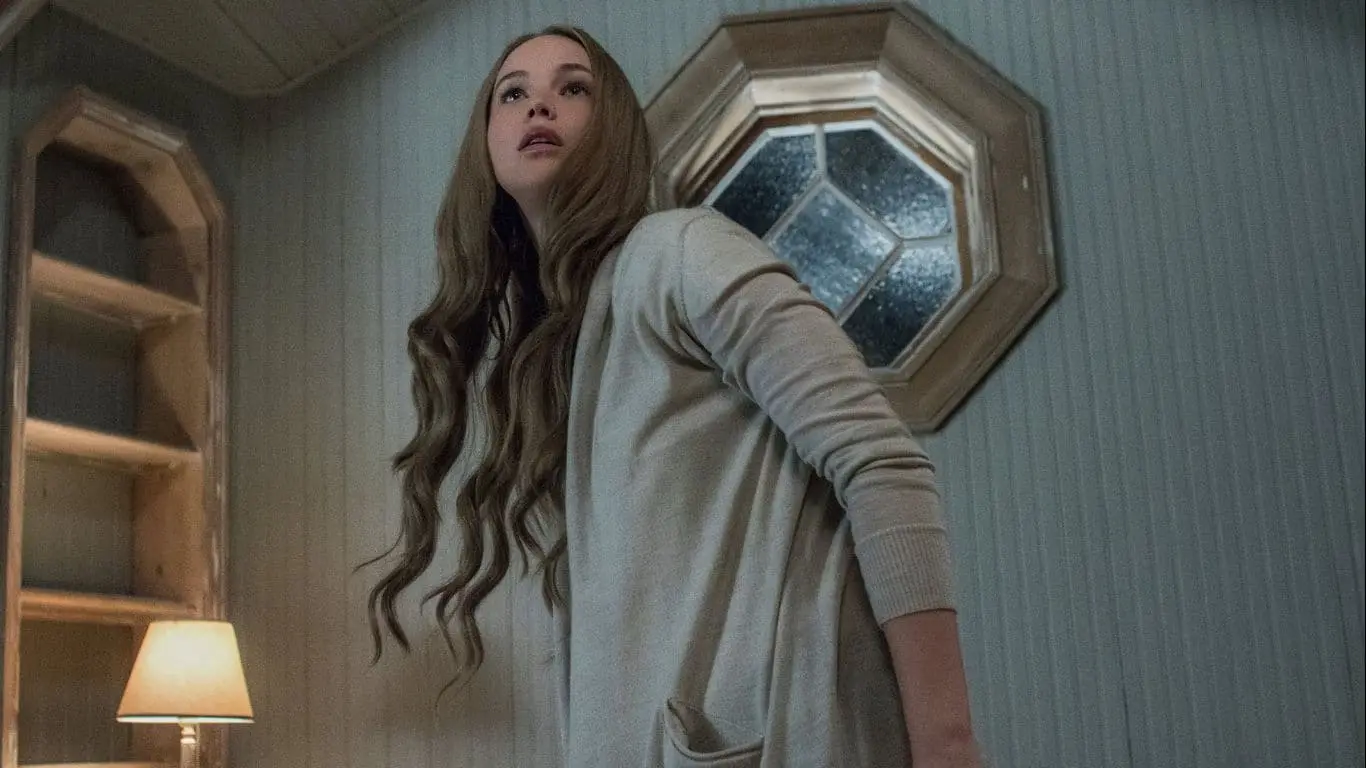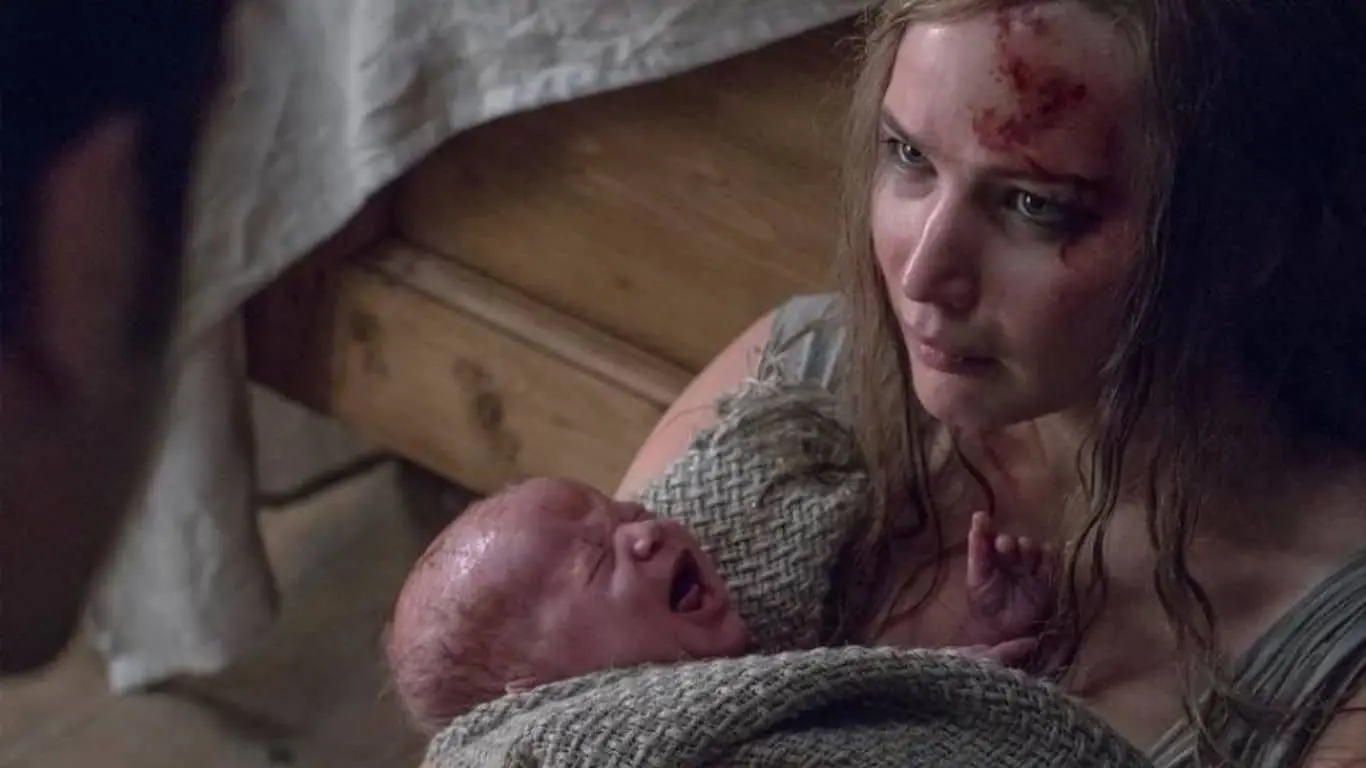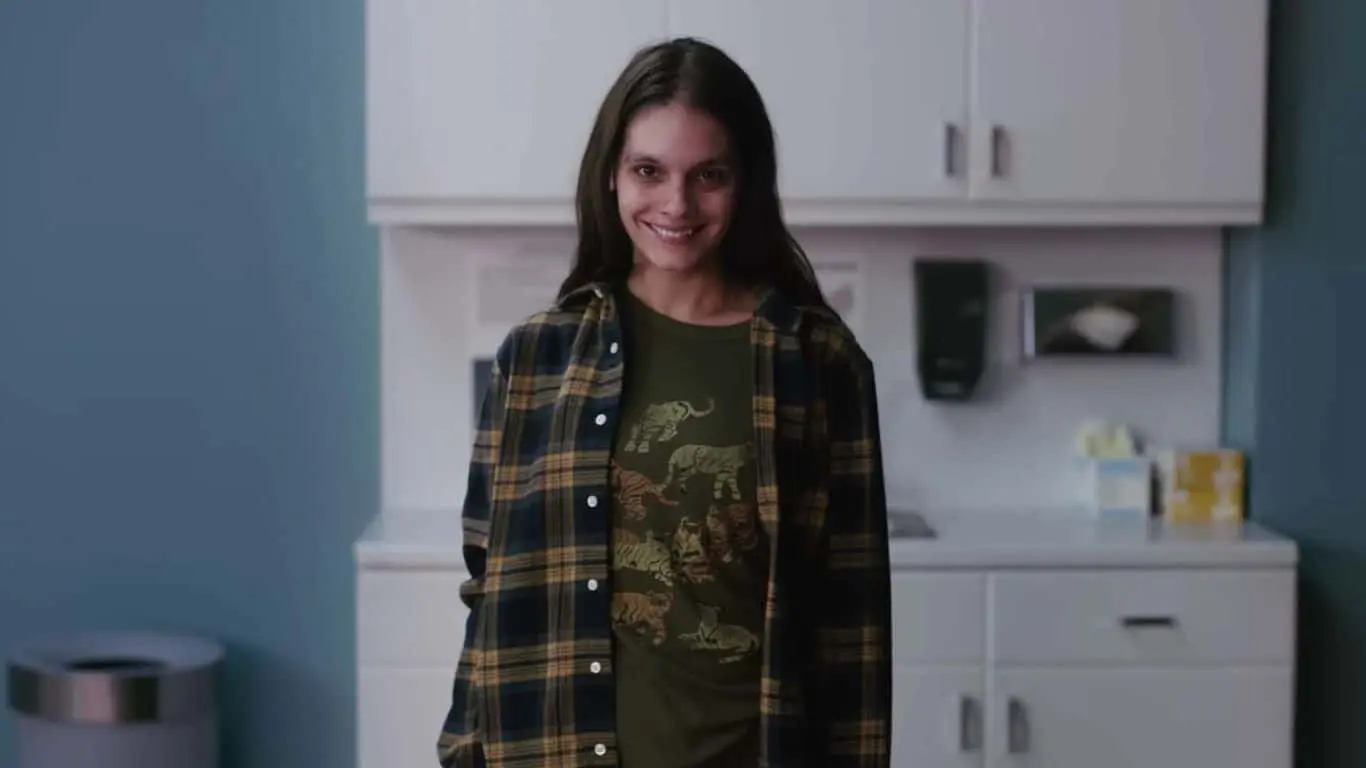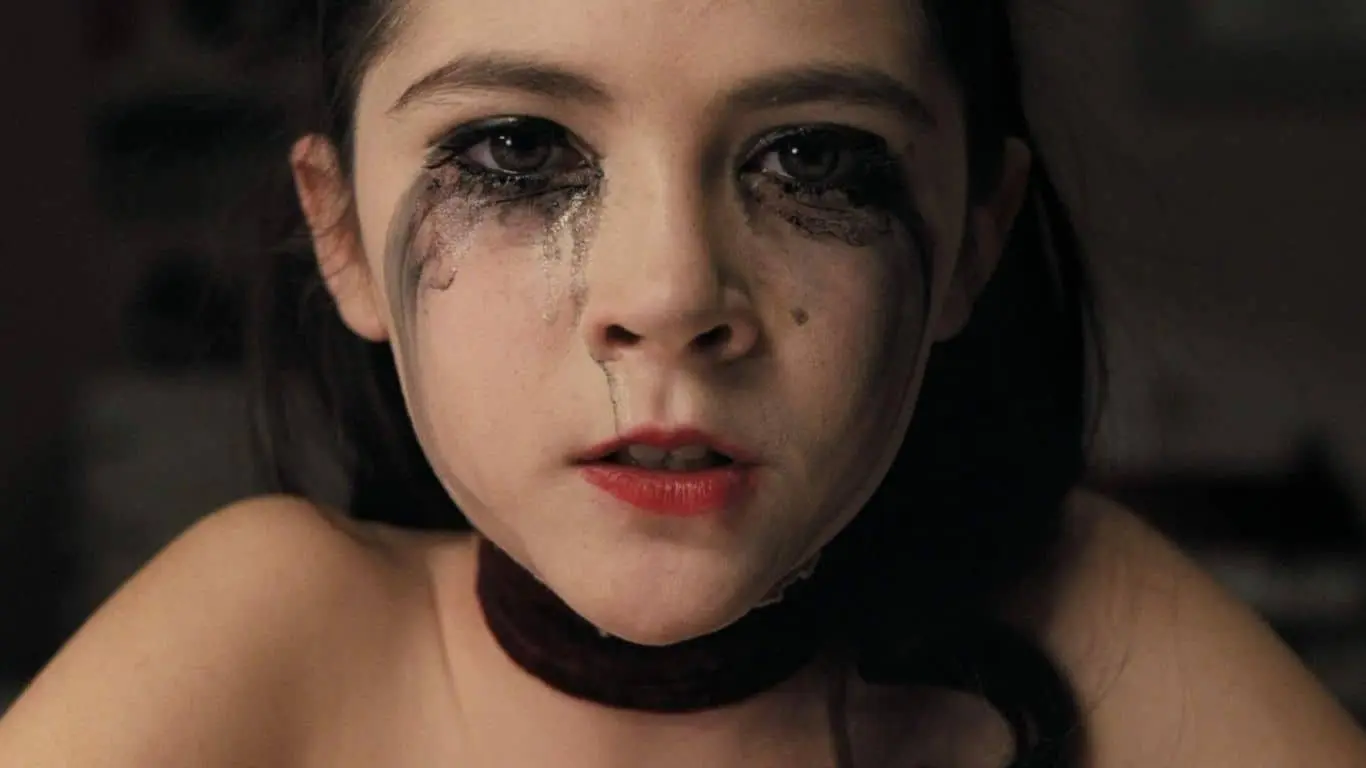“What makes Psychological Horror so Scary?” This question has long tantalized and haunted audiences. This storytelling genre plunges into the deepest crevices of the human psyche, wielding a unique power to both terrify and enthrall like no other. Unlike the conventional world of horror with its gore and jump-scares, psychological horror is a subtle infiltrator, nesting in your thoughts and nightmares long after the story’s final words. But what precisely renders psychological horror undeniably spine-chilling? In this blog, we’ll peel back the layers of this enigmatic genre, unveiling the elements that make it such an enduring and effective source of terror.
Unseen Fears

Psychological horror’s essence is the fear of the unknown, a chilling exploration of our deepest anxieties and uncertainties. Unlike its conventional counterpart, it doesn’t lean on monsters or supernatural beings for fear. Instead, it plunges into the abyss of the human psyche, a place we can’t entirely grasp or govern—our own minds. It compels us to confront the mysteries within, questioning the very core of our thoughts and emotions, and that’s what makes it truly terrifying.
Bending Reality
Psychological horror’s uncanny power lies in its capacity to warp reality, blurring the boundaries between the real and the imagined. It leaves audiences disoriented, making them question their own senses and perceptions. The genre has the knack for turning the ordinary into the sinister and the familiar into the eerie. Its expertise in distorting reality makes you question the very fabric of your existence.
Character Depths

Psychological horror paints characters as more than mere victims or villains; they’re intricate, multi-faceted individuals wrestling with inner demons. They confront their deepest fears, and their mental states degrade as the narrative unfurls. This profound exploration of human psychology fosters audience empathy, even as we witness their descent into madness and despair—a deeply unsettling experience.
Trapped & Terrified
Common themes in psychological horror, isolation and vulnerability loom large. Characters frequently face confinement in tight spaces or remote locations, intensifying their feelings of helplessness and dread. This escalation of fear offers no easy escape from the horrors at play, leaving the audience sharing the characters’ psychological struggles and a deep sense of isolation.
Creeping Tension
While traditional horror delights in jump scares and quick thrills, psychological horror is a slow-burning inferno. It crafts tension and unease with meticulous care, letting fear seep in like a chilling fog, intensifying as the tale unfolds. This gradual terror build-up is profoundly unnerving, keeping you on edge from start to finish.
Moral and Ethical Chills

Psychological horror isn’t afraid to confront our moral and ethical compass. It thrusts us into scenarios that test our values, challenging what we believe. This layer of discomfort forces viewers to grapple with their convictions and the narrative’s ethical quandaries. It’s a horror that makes us confront not just external threats, but also the shadows within.
Symphony of Fear
In the world of psychological horror, sound and music are the puppeteers of fear. Subtle, eerie sounds and haunting melodies craft the atmosphere, their invisible hands guiding your emotions. They tiptoe into your subconscious, making your heart race before your mind catches up. It’s the secret conductor of your terror, and its power cannot be overstated.
Mind-Bending Horror Twists
Mind-bending plots and surprising twists are the hallmark of psychological horror, flipping reality on its head. They’re a rollercoaster ride for the mind, leaving us questioning all we believed. The sensation of being outwitted by the story is an intoxicating, spine-tingling mix of excitement and dread.
Chasing Shadows

Ambiguity and uncertainty are the playgrounds where psychological horror thrives. It doesn’t always hand you the answers, leaving room for interpretation. The fear of the unknown is intensified by the unease of never fully grasping the events that unfold. This lasting sense of dread and fascination endures long after the story’s final chapter.
Psychological horror, the mind’s dark playground, exploits our deepest fears, vulnerabilities, and the enigma of the human psyche. It thrives on the unknown, reality’s twist, complex characters, isolation, slow-burning tension, moral mazes, ambiguity, and the symphony of fear. It’s a cerebral, ever-lingering terror. When other horrors fade, it’s the monsters within that truly haunt us. So, brace yourself for the chilling truth: the real horror may be closer than you think.
Also Read: Saw X Review: The Evolution of Horror in Saw Movies









